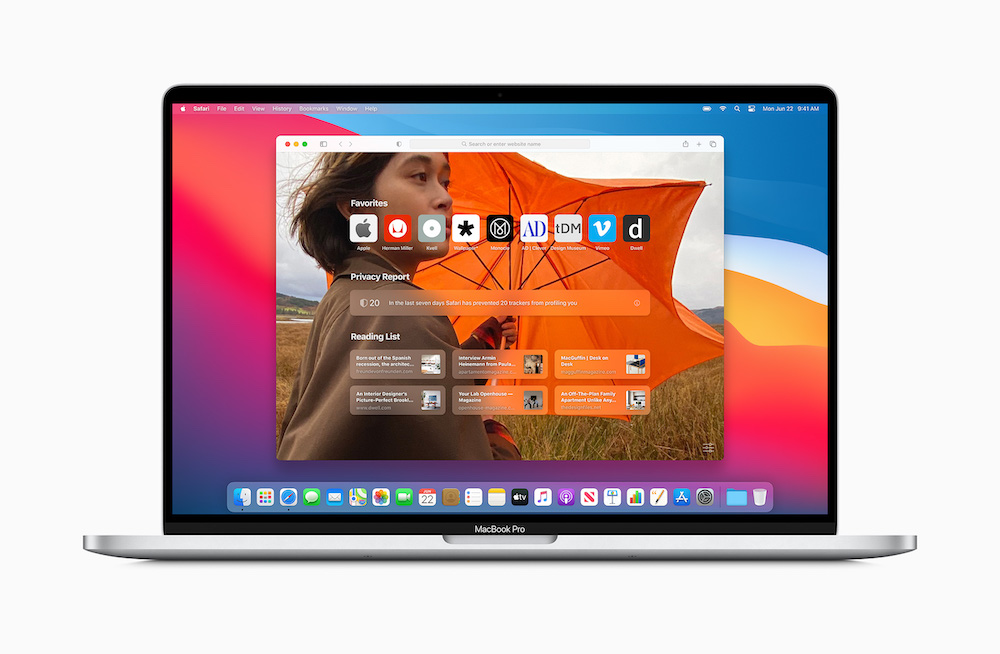UK regulator goes for Apple Safari (and Google Chrome)

macOS 11 offers up a much improved Start Page in Safari
Apple and Google’s rules governing browser development on their platforms is stifling innovation, claims UK regulator, the Competition and Markets Authority.
All about innovation, right
“Through our investigation, we have provisionally found that competition between different mobile browsers is not working well, and this is holding back innovation in the UK,” said Margot Daly, chair of theCompetitions and Markets Authority (CMA) independent inquiry group.
This is the latest chapter in a long running inquiry the CMS launched in 2021 and means the regulator may get tough in future.
The CMA will now investigate both tech giants under the UK’s forthcoming Digital Markets, Competition and Consumers Act (similar to the EU’s DMA), which is expected to come into force in 2025. That framework is similar to that of the EU’s DMA.
What are the wrongs?
Among other wrongs, the CMA argues that the way Apple rules its platform means consumers are denied positive innovations, such as faster webpage loading or access to progressive web apps. (Apple does not currently support the latter).
The regulator also looks at the revenue sharing deal between Apple and Google which it says reduces the two company’s financial incentives to compete in mobile browsing on iOS.
“Apple and Google earn significant revenue when their key rival’s mobile browser is used on iOS, reducing their financial incentives to compete,” the CMA said.
“In fact, the extent of this revenue-sharing is so large that the revenue share they earn from their competitor’s product is lower but similarly significant to the revenue share they earn from their own, so that the incremental revenue from winning customers, and therefore the financial incentive to compete, is limited.”
Apple of course says “Nah”
Apple doesn’t agree with the CMS, and the following statement on the matter is currently being shared with interested media:
“Apple believes in thriving and dynamic markets where innovation can flourish. We face competition in every segment and jurisdiction where we operate, and our focus is always the trust of our users. We disagree with the findings in the report regarding Safari, WebKit, and in-app browsing on iOS.
“We are concerned that the interventions discussed in the report for future consideration under the Digital Markets, Competition, and Consumers Act would undermine user privacy and security and hinder our ability to make the kind of technology that sets Apple apart. We will continue to engage constructively with the CMA as their work on this matter progresses.”
Tech for the rest of us? Not really
Some might say that the reality is one in which if you can’t compete, you regulate.
Perhaps that is the case as multiple nations seek to chip away at Big Tech business models, ostensibly to give consumers more choice though realistically only to create space in which other smaller and potentially less great empires may grow.
Sure, consumers may get some benefits, and they’ll also get more risks.
The CMA, sticking close to the neoliberal mantra, says, “Markets work best when rival businesses are able to develop and bring innovative options to consumers.”
That argument has of course generated enormous benefits in mail, rail, water, gas, and electricity, all of which are costlier and more confusing than they used to be since the state-owned monopolies that ran them got broken down.
So, it will be interesting to see just how enshittified regulation forces the tech sector to become.
You can follow me on social media! Join me on BlueSky, LinkedIn, Mastodon, and MeWe.




